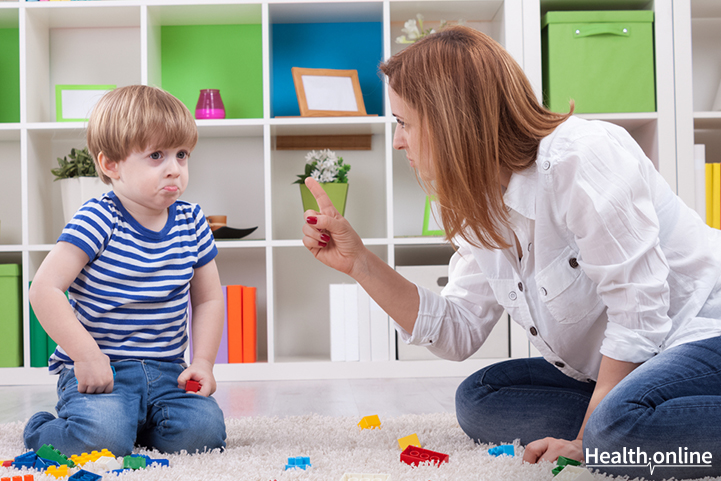
5 Anger Management Tips for Children
Is your child getting angry too often? Is it getting hard for you to handle? Does your kid throw objects or break things when they get angry? Is this getting on your nerves? Then you’ve come to the right place. Is your child getting angry too often? Is it getting hard for you to handle? Does your kid throw objects or break things when they get angry? Is this getting on your nerves? Then you’ve come to the right place.
Recommended Read: 7 Effective Tips to Discipline Your Child
Most parents think that this behavior will subside after the child hits puberty. But more often than not, that doesn’t hold true. What they learn as kids tend to stay with them for a long time. Anger as an emotion is good as long as it is rational and well directed. So, teaching your child to manage their aggression and channelize it productively will help them tremendously in the long run.
Read on for a few tips for dealing with your child’s anger and teaching them anger management.
Educate your child about feelings and behavior
Most kids can’t differentiate between anger and aggressive behaviour. Anger is something that is internal while aggressive behaviour is external. You must teach your kid that getting angry is normal and okay, but exhibiting aggressive behavior is not acceptable . Teach your kids to understand different feelings and how to label them. Frustration, disappointment and sadness are all different feelings, but when unlabelled, they surface as anger.
Be a dependable role model for your kids
You are your child’s first role model. So always act like one. If you don’t have power over your emotions, or if you lose your temper and engage in aggressive behavior, then your kid will follow suit. On the other hand, when you are angry but still handle the situation calmly, your kid will model this more positive behavior. Always keep in mind that your kid is constantly watching and learning from you.
Recommended Read: Why You Should Not Fight in Front of Your Children
Establish anger rules
Take responsibility and set rules at home. When your kid is angry, encourage them to express that ; but never encourage slamming doors, throwing objects, abusing, etc. Tell them what is tolerable and what is not. Never tolerate the overtly aggressive behavior. Tell them that they should be restrained and respectful while exhibiting anger, and should focus on finding a positive solution rather than on shifting blame or calling names.
Teach healthy coping skills
One of the best ways to help your kid get over anger is to engage them in some activity that helps them relax immediately. Here are some of the activities that will help them relax:
- Reading comics or novel.
- Playing a favourite sport of game.
- Drawing or painting.
- Solving puzzles.
Let them face consequences when necessary
If your child lands in trouble for showing aggressive behavior, let them handle that on their own. Once they start facing the consequences of their actions, they are sure to start modifying their actions accordingly. For instance, if your kid gets angry and breaks his or her glass of milk, don’t give milk to the child till he or she realises what they did was a mistake.
Seek help if necessary
Raising kids is not an easy job. If you are struggling with your child’s aggressive behavior, even after following the aforementioned pointers, you must enlist the aid of an expert.
Remember always the old adage – Anger is one letter short of danger. Teach your child the dangers of excessive and unproductive anger, and how to keep it at bay.
Keep yourself updated with the latest on Parenting . Like us on Facebook and follow us on Twitter for more on Health and Family Planning & Pregnancy . Also, check out our Health Tools and try out our health-related Quizzes .




